SWR Sinfonieorchester Baden-Baden und Freiburg, Experimental Studio des SWR, Sylvain Cambreling, Rupert Huber - Donaueschinger Musiktage 2007, Vol. 3 (2013)
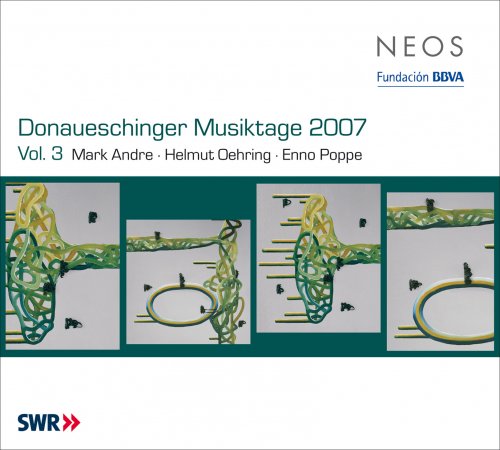
Artist: SWR Sinfonieorchester Baden-Baden und Freiburg, Experimental Studio des SWR, Sylvain Cambreling, Rupert Huber
Title: Donaueschinger Musiktage 2007, Vol. 3
Year Of Release: 2013
Label: Neos
Genre: Classical
Quality: FLAC (tracks)
Total Time: 01:03:23
Total Size: 297 Mb
WebSite: Album Preview
Tracklist: Title: Donaueschinger Musiktage 2007, Vol. 3
Year Of Release: 2013
Label: Neos
Genre: Classical
Quality: FLAC (tracks)
Total Time: 01:03:23
Total Size: 297 Mb
WebSite: Album Preview
...auf... III (Mark Andre)
01. …auf… III - 00:21:55
Goya I (Helmut Oehring)
02. Goya I: Yo lo vi - 00:22:46
Keilschrift (Enno Poppe)
03. Keilschrift - 00:18:42
Performers:
SWR Sinfonieorchester Baden-Baden und Freiburg, Experimental Studio des SWR, Sylvain Cambreling, Rupert Huber
Except for a hiatus in the 1930s and '40s, the annual Donaueschingen Music Festival has been gathering the brightest stars in avant-garde composition since 1921, with particular attention given to European modernists. Neos' Donaueschinger Musiktage series has been documenting the highlights of the festival, and the third volume of music from the 2007 festival gathers hugely contrasting orchestral works by Mark Andre, Helmut Oehring, and Enno Poppe. Andre's …auf… III for orchestra and live electronics is the most daring work on the program, whose exotic sonorities using extended instrumental techniques can only rarely with certainty be identified with conventional orchestral instruments. It is largely a slow-moving exploration of shifting tone colors, and its spell can be magical for listeners attuned to its subtle evolution. Helmut Oehring is hearing, but he was born to deaf parents, and throughout his career he has been intrigued with music and theater works written for and often performed by deaf musicians. It's no surprise that in Goya I -- Yo lo vi, for orchestra, he derives his inspiration from the work of two artists who went deaf, a series of wartime etchings by Goya and the music of Beethoven. It's a conventionally busy modernist score, massive and somewhat forbidding, but it is not nearly as dark as its subject would suggest, and its details are finely crafted. Enno Poppe's Keilschrift could nearly be described as minimal, since it is based on a single, five-note figure, but its effect is anything but minimal. An elemental monumentality and power emerge from its deceptive simplicity, and Poppe brings to it a fertile inventiveness and a compelling sense of dramatic development that make it a fully satisfying piece. The various orchestras and conductors perform with commitment and assurance. The sound of the SACD is clean and open.

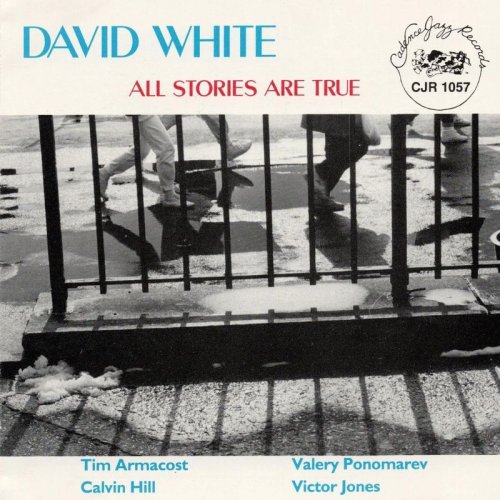
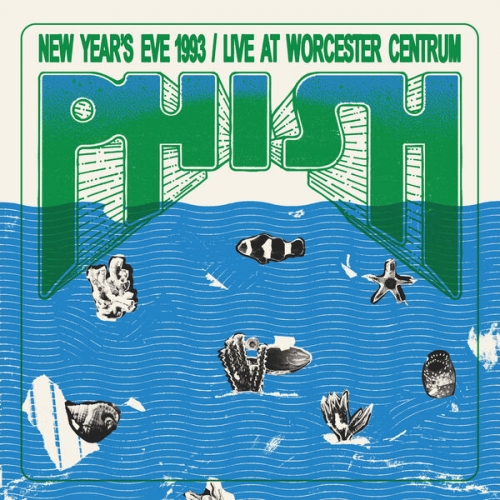
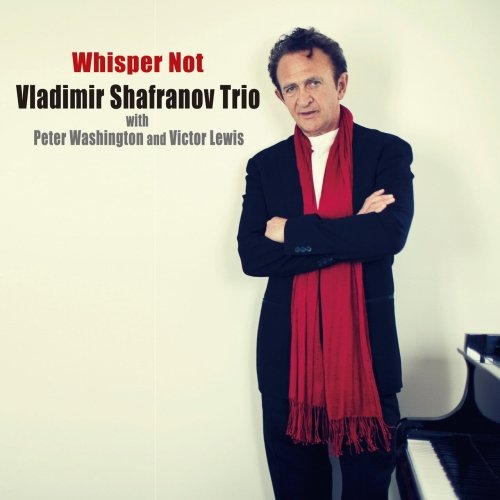
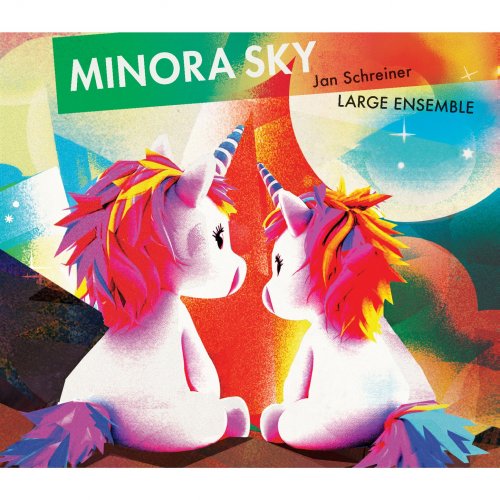
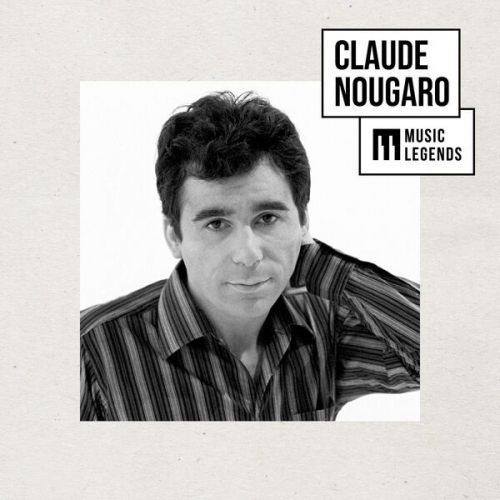

![Art Pepper - Everything Happens To Me: 1959 - Live At The Cellar (2026) [Hi-Res] Art Pepper - Everything Happens To Me: 1959 - Live At The Cellar (2026) [Hi-Res]](https://www.dibpic.com/uploads/posts/2026-02/1771405170_fcwg7jmt6mou1_600.jpg)
![Freysteinn - Thoughts (2026) [Hi-Res] Freysteinn - Thoughts (2026) [Hi-Res]](https://img.israbox.com/img/2026-02/20/v51kb7e32wkdjbts45lwsh18u.jpg)